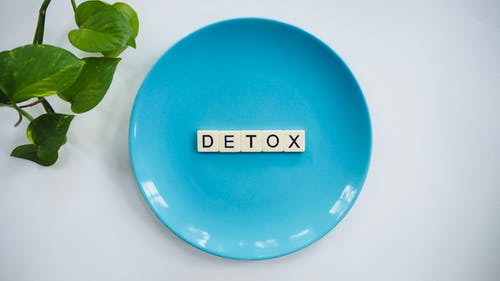Rapid Opiate Detoxification is one of several methods used to detox from use of opiates. The method that an opiate addict selects will be dependent on the severity of their addiction and the guidance of medical opinions. Opiate withdrawal can be dangerous due to the severity of its symptoms and should not be attempted without careful medical evaluation. Some of the detoxification options for an opiate addiction are as follows.
Because going under anesthesia always comes with some risk. Every procedure that requires the use of anesthesia proposes some risk to the patient because it can be impossible to know if they are experiencing a negative reaction to any part of the procedure or the anesthesia itself. Any legitimate opiate detox center will require the assistance of an anesthesiologist.
But Because of the High risks associated with Rapid Opiate Detox, it is
No Longer Provided in Canada.
It is performed in The United States, but we Do Not Recommend this, because of the risks involved travel insurance will not cover any expenses related to a complication in the hospital.
Instead we recommend seeking other options for your Detox, and Also recommend Residential Addiction treatment in conjunction with Detox. In order to see long term sobriety treatment is a must. There is no Quick Fix to Sobriety.
Alternatives to Rapid Opiate Detox
- Medical detox. Medical detoxification from opiates takes place in a hospital or addiction treatment center. This process takes days or even weeks as it is paced gradually over time. The patient is tapered off of opiates and given sedatives and detox medications to fight the unpleasant withdrawal symptoms. This is commonly the most recommended way of detoxing for the average case of opiate addiction because it balances the withdrawal symptoms with their remedies and provides necessary medical supervision.
- Stepped rapid detox. This method of detoxification is very similar to a rapid opiate detox but the detoxification medications are given in more spaced out intervals than in the case of rapid opiate detox, as well as being given orally instead of intravenously.
- Outpatient detox. Opiate detoxification that is done through outpatient medical care is usually spaced out over a period of 7 to 14 days. This option works well for people with more mild opiate addictions who are unlikely to experience the extreme withdrawal of a more severe addict.
- Home detox with methadone. For people with decidedly mild opiate addictions, detoxing at home can be a comfortable and recommended option. Rather than leaving the comforts of home to detox in a clinic, an opiate addict can be given a prescription of methadone or another detox medication and instructions for detoxing at home. It is still recommended to have a friend or family available for support when following this method.
- Natural home detox. For very mild cases of opiate addiction in a person who strongly prefers to detox through all natural methods, particularly through a very specific diet, exercise and sleep schedule.


